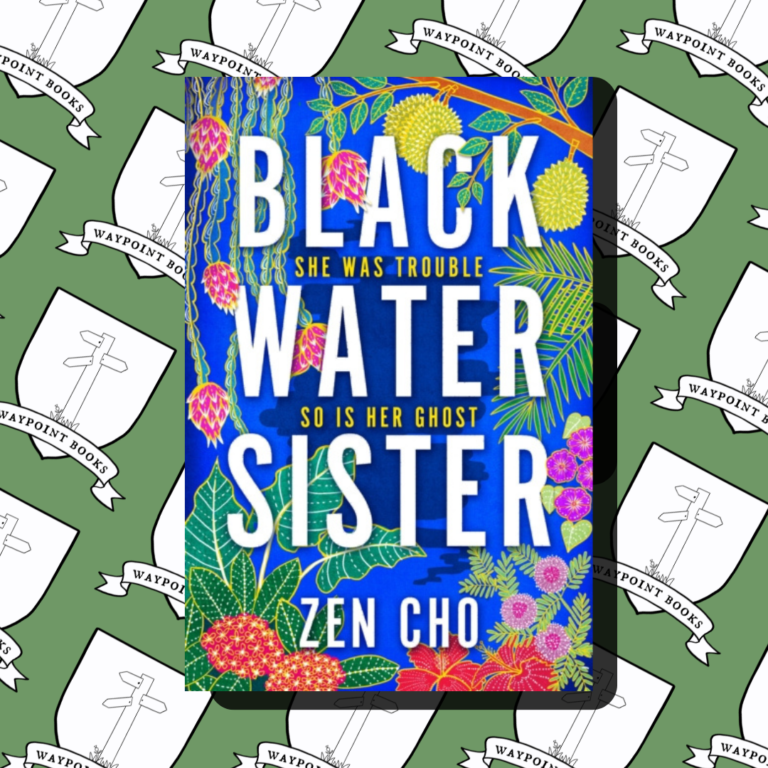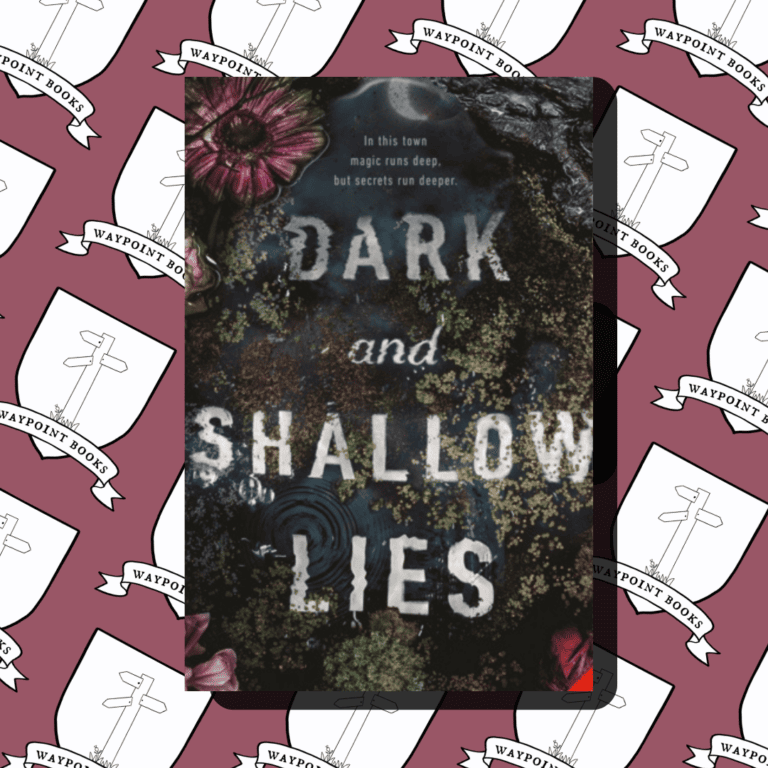Daughter of the Moon Goddess
Synopsis:
Growing up on the moon, Xingyin is accustomed to solitude, unaware that she is being hidden from the feared Celestial Emperor who exiled her mother for stealing his elixir of immortality. But when Xingyin’s magic flares and her existence is discovered, she is forced to flee her home, leaving her mother behind.
Alone, powerless, and afraid, she makes her way to the Celestial Kingdom, a land of wonder and secrets. Disguising her identity, she seizes an opportunity to learn alongside the emperor’s son, mastering archery and magic, even as passion flames between her and the prince.
To save her mother, Xingyin embarks on a perilous quest, confronting legendary creatures and vicious enemies across the earth and skies. But when treachery looms and forbidden magic threatens the kingdom, she must challenge the ruthless Celestial Emperor for her dream—striking a dangerous bargain in which she is torn between losing all she loves or plunging the realm into chaos.
Daughter of the Moon Goddess begins an enchanting, romantic duology which weaves ancient Chinese mythology into a sweeping adventure of immortals and magic—where love vies with honor, dreams are fraught with betrayal, and hope emerges triumphant.
TW: Violence, Blood.
“A glorious future beckoned on the horizon. Yet I still clung to a shred of my past, as a flowering peach blossom tree yearning for its fallen bloom.”
Sue Lynn Tan, Daughter of the Moon Goddess

Daughter of the Moon Goddess is such a striking counterbalance of soft writing and low stakes, I’m almost a little disappointed by it. The atmosphere is well crafted, and the gentle nature of the protagonist’s voice allows the reader to fall seamlessly into step with her (Xingyin). The writing style is reminiscent of Samantha Shannon’s The Priory of the Orange Tree, and the decadent way the world is built up around Xingyin means this is a story to take your time with.
The plot follows Xingyin over a few years, with massive time jumps and skips to more ‘interesting’ parts of the narrative, which I’m not always a fan of. I’m definitely more of a ‘throw your characters out of the plane, then tell me how they got there’ type of writer, so the constant flashbacks to her childhood grew tiresome, especially as we’d spent two full chapters with her mother and companions at the start of the novel. What intrigues me most is the duology element of this narrative. Everything feels wholly wrapped up in this novel, with a few potential questions, but the MC seems happy with the choices she’s made. A few times I thought ‘this will be where the plot twist kicks in,’ or ‘there’ll be a dramatic last page’ and there just wasn’t. Most of the beats of the plot were formulaic.
Now that’s not always a bad thing, and I definitely would recommend this book to those who enjoy Laini Taylor, or thought The Poppy War was a bit too ‘hardcore’. This whole book felt like a Chinese Epic, but with the gentler YA writing style which meant most of the narrative was told to us rather than shown. (Another peeve of mine, but not necessarily a deal-breaker.)
There are a few classic YA fantasy tropes, such as a love triangle, chosen one status, magical abilities and internal monologue – but for the most part, it made it a great read which I could enjoy leisurely. Overall I gave it three stars, and as I said, would recommend it to fans of Kuang, Taylor and Shannon.



